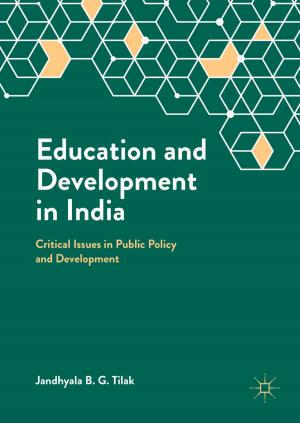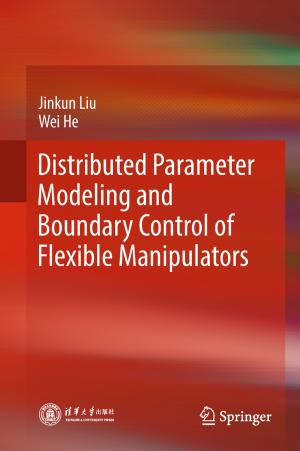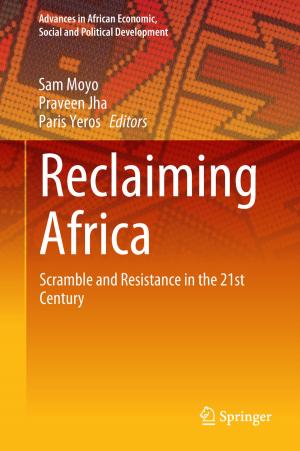Internet Infidelity
An Interdisciplinary Insight in a Global Context
Nonfiction, Health & Well Being, Psychology, Applied Psychology, Social & Cultural Studies, Social Science, Crimes & Criminals, Criminology| Author: | ISBN: | 9789811054129 | |
| Publisher: | Springer Singapore | Publication: | January 24, 2018 |
| Imprint: | Springer | Language: | English |
| Author: | |
| ISBN: | 9789811054129 |
| Publisher: | Springer Singapore |
| Publication: | January 24, 2018 |
| Imprint: | Springer |
| Language: | English |
This volume discusses the phenomenon of internet infidelity by looking at the psychological, social, legal, and technological aspects involved in such behaviour. The rise of social media as well as technological advancements that create ‘real’ experiences online have made it possible for people to engage in multiple kinds of online relationships. These create concerns about regulating such activities via national and international law, as well as psychological and social concerns of understanding the overall impact of such behaviour. Therefore, this volume, which includes perspectives from across the world, asks and addresses some fundamental questions: Does internet infidelity amount to cheating? How is virtual infidelity different from actual infidelity? What are the social, interpersonal and psychological impacts of internet infidelity? Do people in different cultures view online infidelity differently? What are the myths associated with online infidelity? What are the various intervention measures or therapeutic techniques for treating people who are addicted to cybersex or pornography? The legal dimensions of internet cheating are equally important since adultery is considered as a criminal offence in some countries. As yet, there is no universally accepted definition of internet infidelity and legal perspectives become very important in understanding the phenomenon.
This volume includes grand theory approaches as well as detailed case studies and provides unique and multidisciplinary insights into internet cheating. It is ideal for marital therapists, counsellors, criminologists, legislators, and both researchers and students.
This volume discusses the phenomenon of internet infidelity by looking at the psychological, social, legal, and technological aspects involved in such behaviour. The rise of social media as well as technological advancements that create ‘real’ experiences online have made it possible for people to engage in multiple kinds of online relationships. These create concerns about regulating such activities via national and international law, as well as psychological and social concerns of understanding the overall impact of such behaviour. Therefore, this volume, which includes perspectives from across the world, asks and addresses some fundamental questions: Does internet infidelity amount to cheating? How is virtual infidelity different from actual infidelity? What are the social, interpersonal and psychological impacts of internet infidelity? Do people in different cultures view online infidelity differently? What are the myths associated with online infidelity? What are the various intervention measures or therapeutic techniques for treating people who are addicted to cybersex or pornography? The legal dimensions of internet cheating are equally important since adultery is considered as a criminal offence in some countries. As yet, there is no universally accepted definition of internet infidelity and legal perspectives become very important in understanding the phenomenon.
This volume includes grand theory approaches as well as detailed case studies and provides unique and multidisciplinary insights into internet cheating. It is ideal for marital therapists, counsellors, criminologists, legislators, and both researchers and students.















